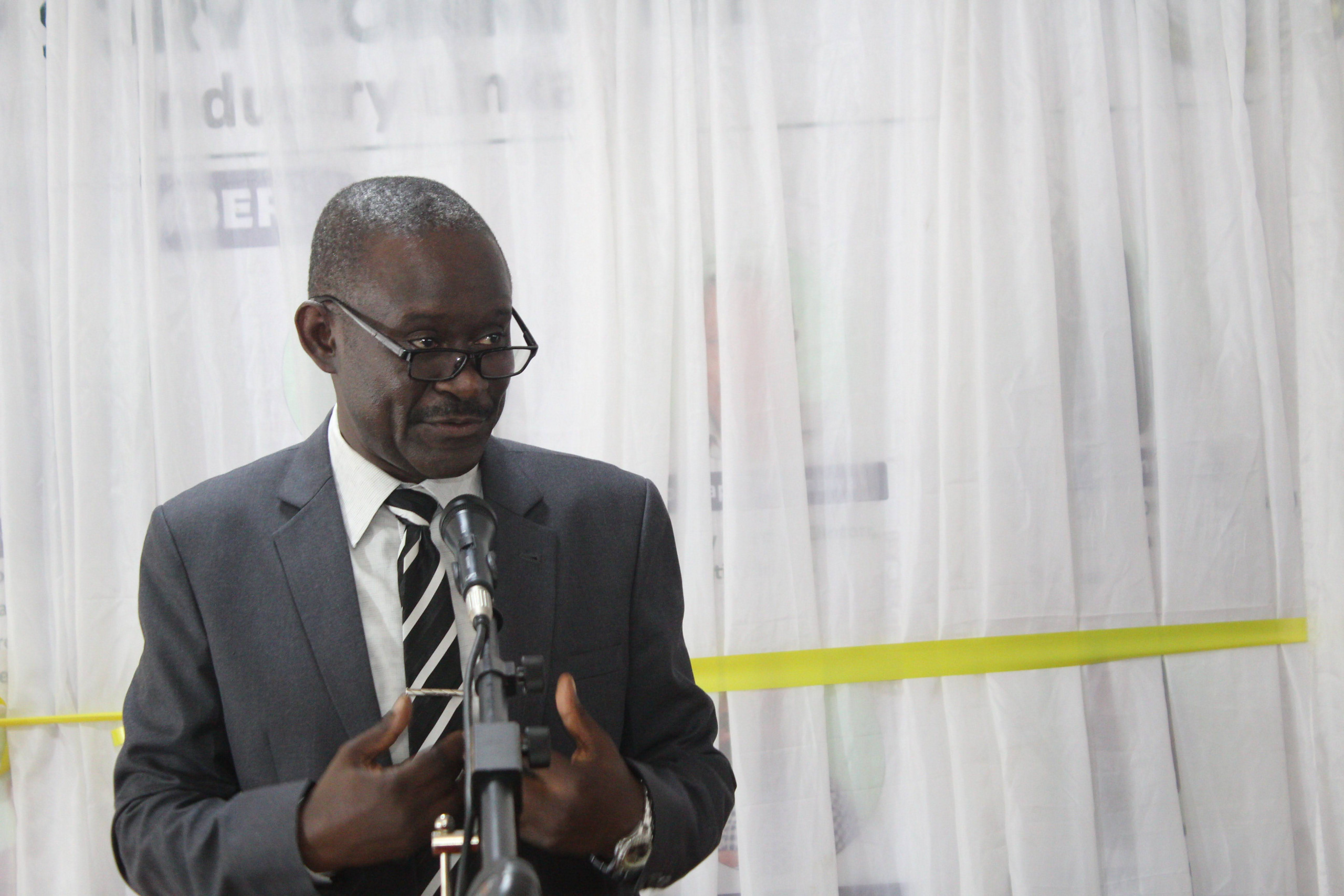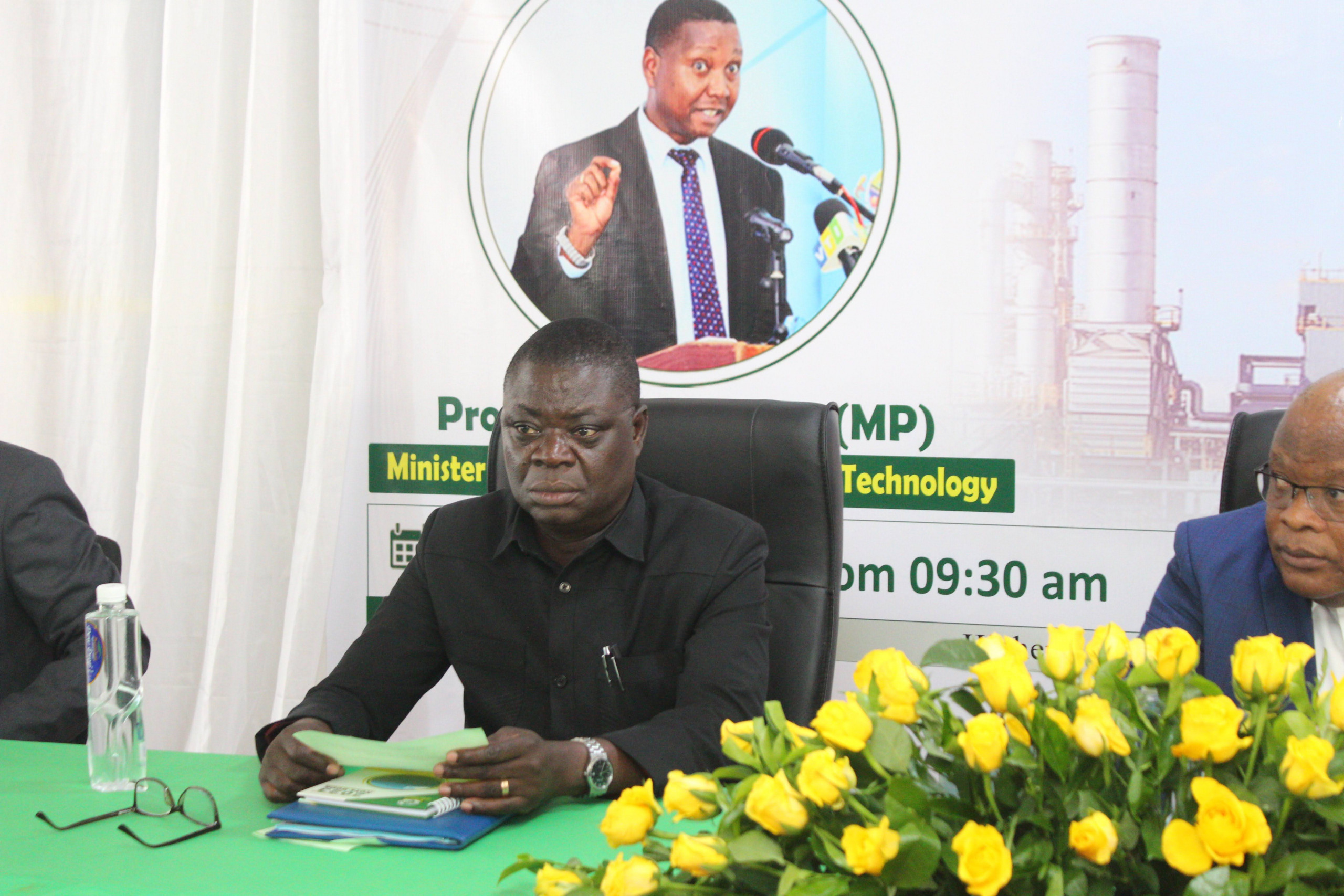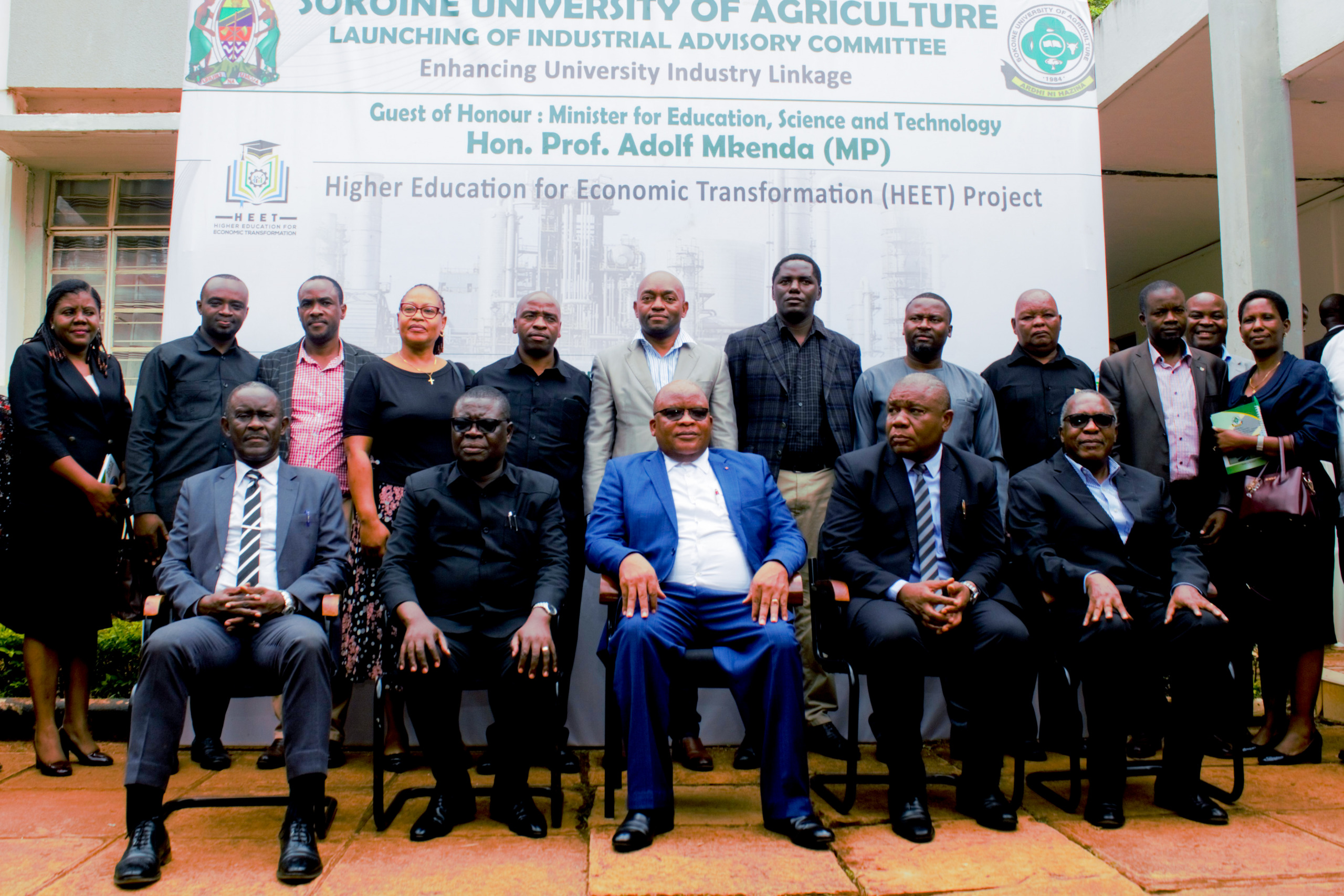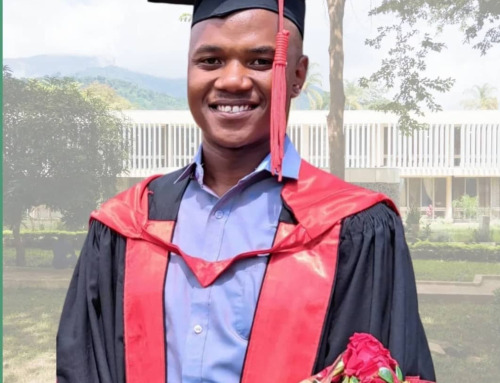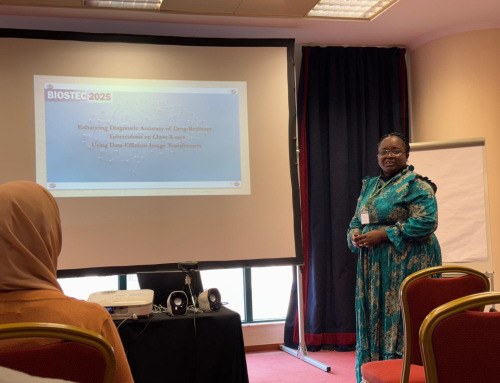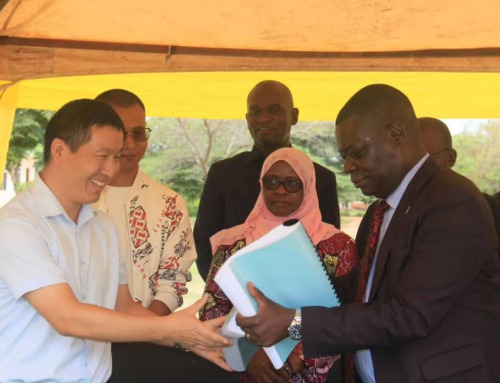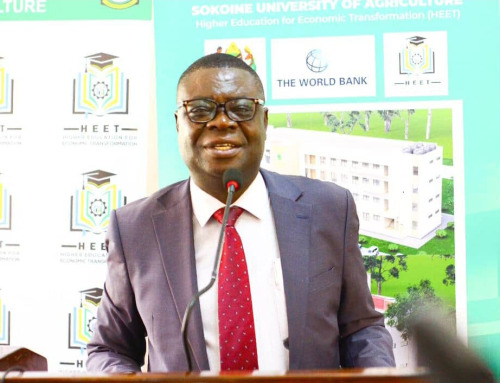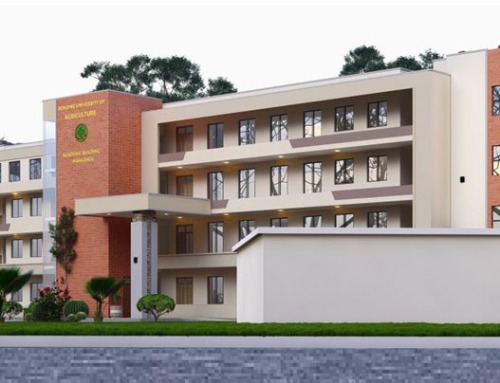In implementing the Higher Education for Economic Transformation (HEET) project funded by the World Bank, the Sokoine University of Agriculture (SUA) launched the Industrial Advisory Committee on April 29th, 2023. The committee aims to collaborate with the Tanzanian government through the Ministry of Education, Science, and Technology in promoting and uplifting the nation’s economy.
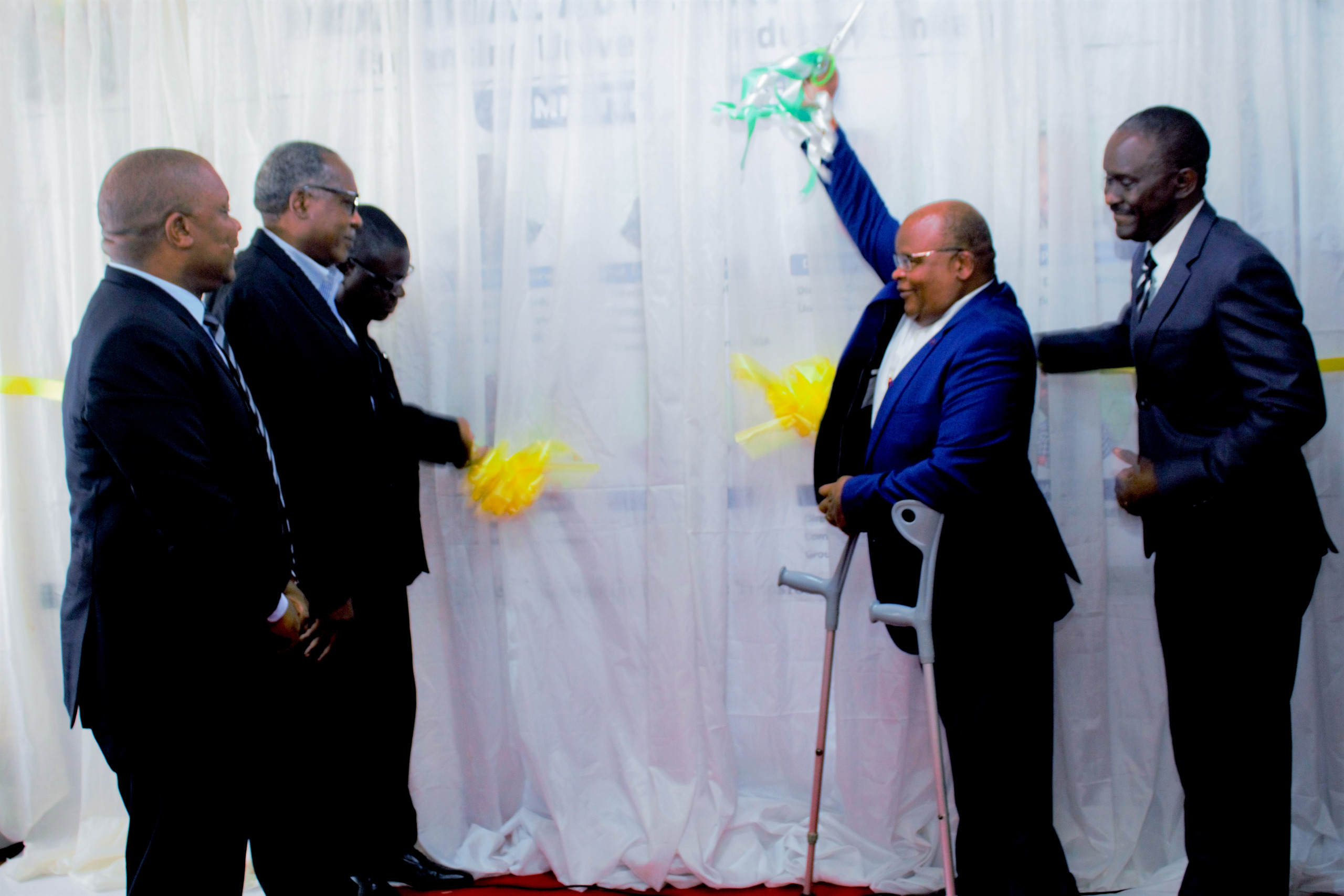
Speaking to the HEET project implementers during the launch of the Industrial Advisory Committee, the guest of honor, Deputy Secretary-General of the Ministry of Education, Science, and Technology, responsible for Higher Education, Prof. James Mdoe, representing the Minister of Education, Science, and Technology, Prof. Adolf F. Mkenda, emphasized that this initiative is part of the implementation of the 2020-2025 Chama cha Mapinduzi (CCM) Manifesto, aimed at ensuring the successful and timely completion of the HEET project to enhance higher education.
Furthermore, he stated that there was no formal system in place previously for universities to convene and address essential needs to achieve better education. Additionally, the lack of a structured approach to employment has led to gaps. Now, with the official inclusion of Sokoine University of Agriculture as one of the beneficiaries of the HEET project, the committee will help produce well-qualified graduates aligned with the demands of the job market, ultimately realizing the nation’s goals.
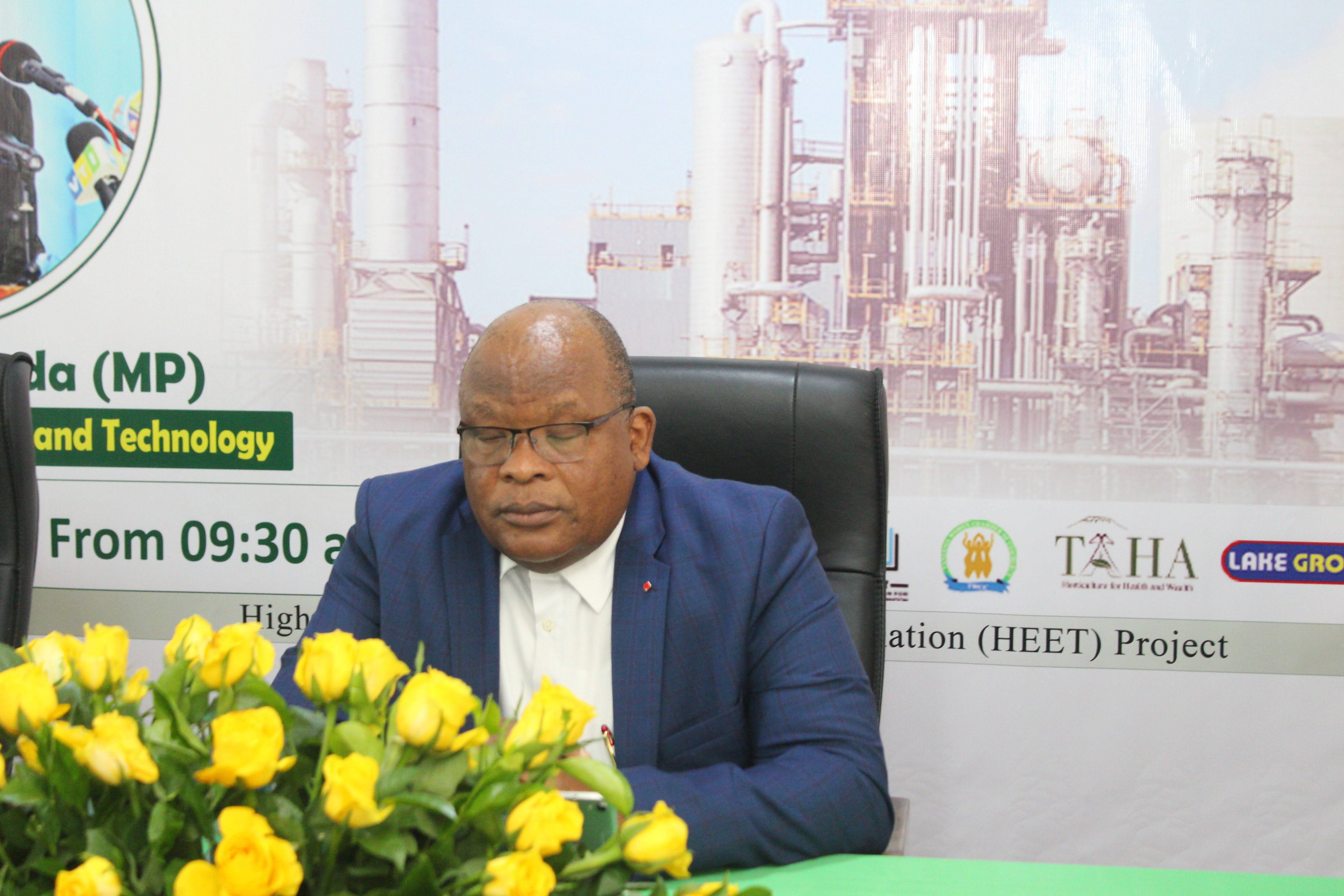
Representative from the World Bank, Mr. Kaboko Mkalinga, urged employers to actively contribute to the project’s implementation based on their experiences. He emphasized the importance of their support to benefit the citizens and ensure the project’s success by creating job opportunities in the country.
On his part, the Representative of the Executive Director of Industries in Tanzania, Mr. Akida Mnyenyelwa, stressed that the selected committee plays a vital role in advancing the industrial sector. He encouraged collaboration between universities and industries to identify the operations and skills required in the industrial world. Research conducted on industries by SUA and other universities should provide feedback to business owners to address challenges and improve their operations.
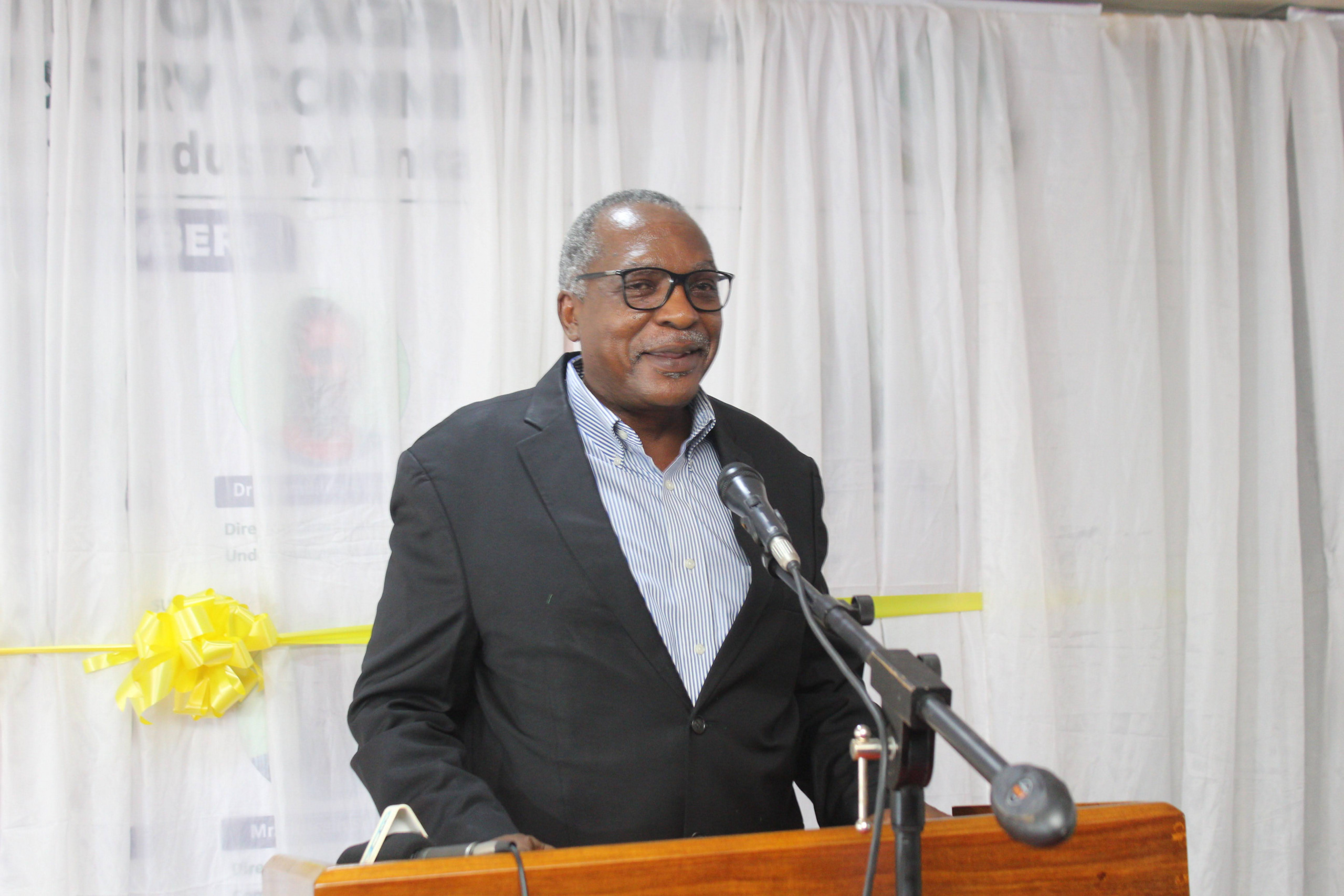
Regarding the responsibilities of the committee members, the HEET Project Leader in charge of relations with private institutions, Dr. Felix Nandonde from SUA, outlined eleven duties within the project’s implementation. Four key responsibilities directly targeted by the committee include designing and implementing effective job creation strategies, advising the university in creating relevant and quality curricula, finding long-term practical training opportunities for students and instructors, and encouraging private sectors to invest in the university’s research.
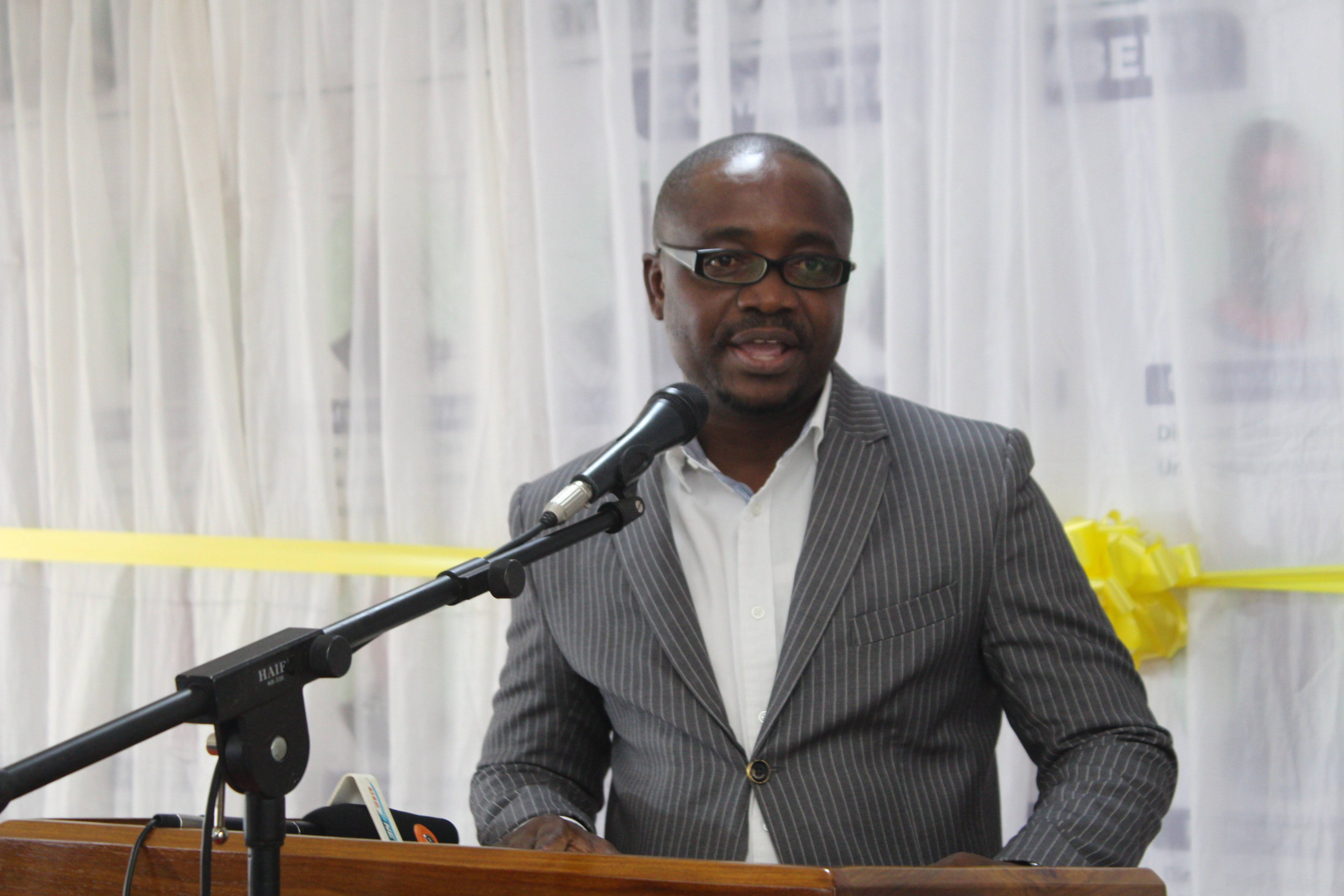
Before welcoming the guest of honor, the Coordinator of the Higher Education for Economic Transformation (HEET) Project, Prof. Amandus Mhairwa, mentioned that SUA has received a funding of TZS 73.6 billion (approximately USD 32 million) from the HEET project. The allocated amount will be divided between the main campus of Edward Moringe and the Katavi campus, with TZS 55.2 billion aimed at enhancing education at the Edward Moringe campus and TZS 18.4 billion at the Katavi campus to improve the quality of education at the university.
